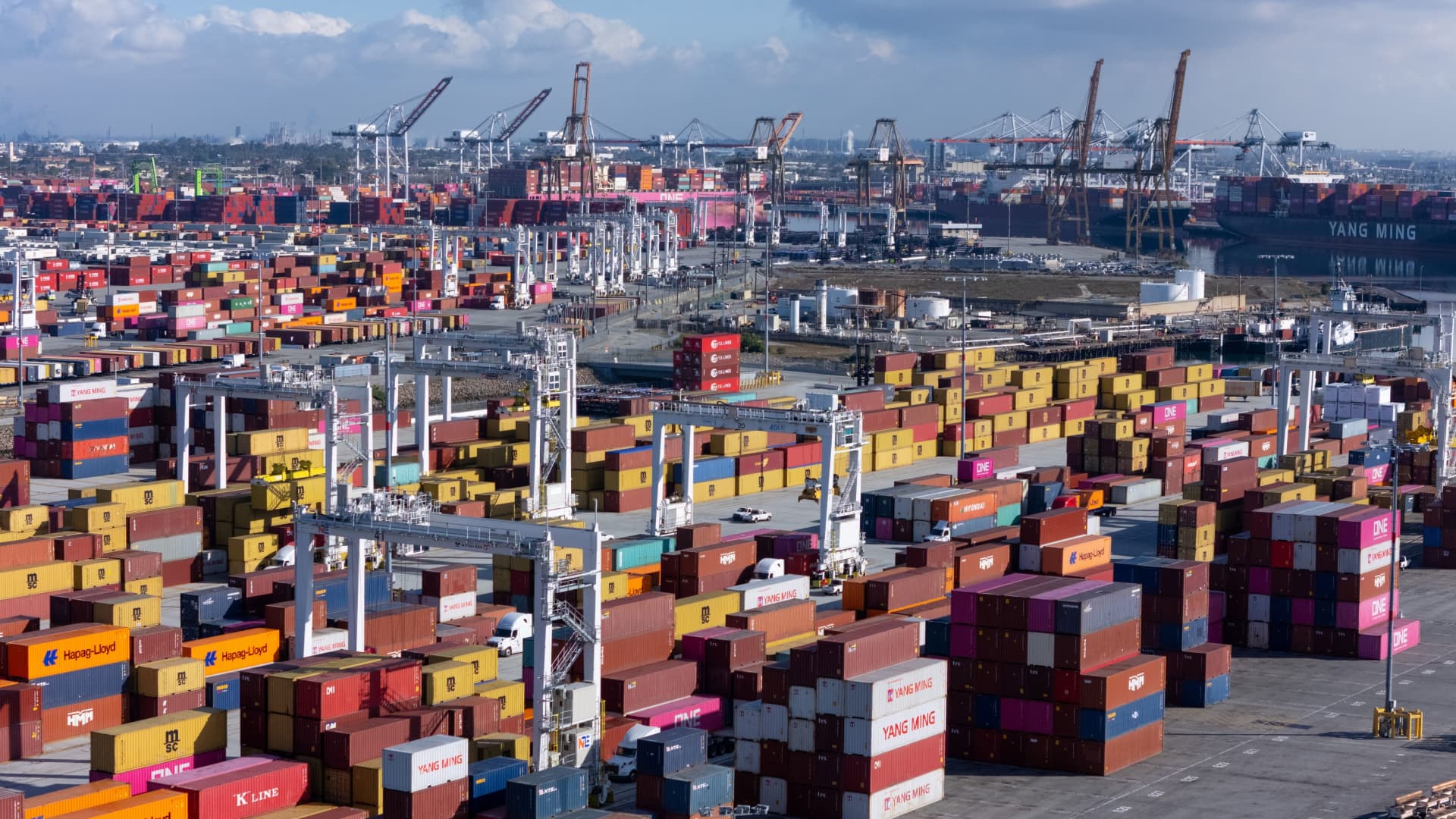BRICS: A Strategic Blueprint for Nigeria’s Economic Renaissance
In an era marked by rapid globalization and shifting economic power dynamics, Nigeria stands at a critical juncture. The recent discussions surrounding Nigeria’s potential membership in the BRICS coalition—the group of emerging economies comprising Brazil, Russia, India, China, and South Africa—underscore a pivotal opportunity for the nation. With a Nigerian official recently highlighting the transformative potential of BRICS in revitalizing the nation’s economy, it is essential to explore the collaborative opportunities and strategic partnerships that could emerge from this alliance. This insight not only raises questions about Nigeria’s economic future but also about the role of international economic alliances in shaping the global landscape.
The BRICS Alliance: A New Economic Paradigm
The BRICS alliance was established to foster cooperation among its member states, enhance economic development, and provide a counterbalance to Western-dominated financial institutions. As the global economy experiences seismic shifts, the relevance of BRICS grows, especially for countries like Nigeria, which boasts vast natural resources and a burgeoning population. Nigeria’s potential integration into this group could serve as a strategic blueprint for its economic renaissance.
Understanding BRICS and Its Global Impact
BRICS represents a significant portion of the world’s population and economic output, collectively accounting for over 40% of the global population and nearly 25% of global GDP. This bloc has increasingly focused on issues such as:
- Economic cooperation and sustainable development
- Trade facilitation and investment promotion
- Political collaboration on global issues
With the inclusion of Nigeria, BRICS could tap into the vast market potential of the country, which boasts a population of over 200 million people. This demographic advantage, coupled with Nigeria’s abundant resources, positions it as a valuable member that can drive the group’s objectives forward.
Nigeria’s Economic Landscape: Challenges and Opportunities
Nigeria’s economy has faced numerous challenges, including fluctuating oil prices, infrastructural deficits, and a need for diversification beyond oil dependency. However, these challenges present unique opportunities for growth and development. By joining BRICS, Nigeria could leverage the following advantages:
1. Enhanced Trade Opportunities
One of the primary benefits of joining BRICS would be the potential for increased trade with member countries. BRICS nations have established frameworks that facilitate trade, reducing barriers and fostering economic exchange. For Nigeria, this could translate into:
- Access to new markets for its agricultural products and natural resources.
- Increased foreign direct investment (FDI) from other BRICS nations.
- Opportunities for Nigerian businesses to expand internationally.
2. Strategic Partnerships for Development
BRICS has been instrumental in promoting development through partnerships in various sectors, including technology, education, and healthcare. Nigeria could benefit from such collaborations through:
- Technology transfer and capacity building in key industries.
- Joint ventures in infrastructure development, which is critical for economic growth.
- Collaborative research initiatives aimed at addressing local challenges.
3. Financial Support and Investment
The New Development Bank (NDB), established by BRICS, offers financial support for development projects in member states. Nigeria could access funding for critical projects aimed at:
- Infrastructure improvements, such as transportation and energy.
- Social programs to uplift marginalized communities.
- Environmental sustainability initiatives, addressing climate change impacts.
The Path Forward: BRICS and Nigeria’s Economic Renaissance
As Nigeria contemplates its role in BRICS, it is crucial to align national policies with the opportunities presented by this alliance. The government must prioritize:
1. Policy Reforms
To attract investment and enhance trade, Nigeria needs to implement policy reforms that create a conducive environment for business. These reforms should focus on:
- Streamlining regulations to facilitate easier business operations.
- Improving the ease of doing business rankings.
- Enhancing transparency and reducing corruption.
2. Economic Diversification
For Nigeria to fully realize the benefits of BRICS membership, it must diversify its economy away from oil dependency. This could involve:
- Investing in agriculture and agro-processing to tap into the global food market.
- Promoting technology and innovation to develop the tech sector.
- Encouraging tourism as a means of generating foreign exchange.
3. Strengthening Regional Cooperation
Nigeria should also enhance its cooperation with other African nations to solidify its leadership role on the continent. This includes:
- Fostering trade agreements within the African Continental Free Trade Area (AfCFTA).
- Collaborating on regional infrastructure projects.
- Engaging in collective bargaining at international forums.
Conclusion: A Bright Future for Nigeria within BRICS
The potential for Nigeria’s economic renaissance through BRICS is significant. By embracing this strategic alliance, the nation can unlock a plethora of opportunities for trade, development, and investment. As Nigeria positions itself within this dynamic group, the focus must remain on policy reforms and economic diversification to ensure sustainable growth.
As the world witnesses a shift towards multipolarity in international relations, Nigeria’s proactive engagement with BRICS could redefine its economic future, establishing the country as a key player in global affairs. The time is ripe for Nigeria to seize this opportunity and chart a course towards a prosperous and resilient economy.
See more CCTV News Daily


